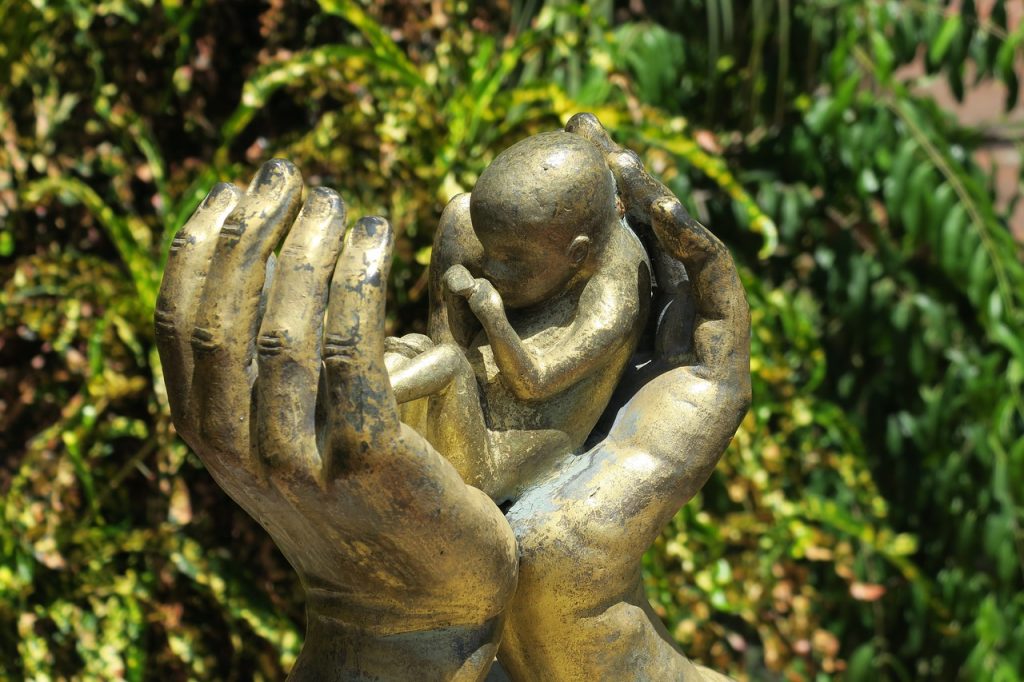Blog Post
Honduran lawmakers pass “Shield Against Abortion in Honduras” to permanently protect pre-born children
Some genuinely wonderful news for a change. Some of you may have read my article last month on a move by legislators in Honduras to raise the bar necessary to legalize abortion (and same-sex marriage) so high that, as The Guardian put it, it “would make it virtually impossible to legalise abortion in the country — now or in the future.” Those constitutional reforms have now passed:
The Congress of Honduras cemented its constitutional reform to require a three-quarter majority to change the Latin American country’s protection of unborn life. After recently voting to fortify its legal ban on abortion with a “constitutional lock,” voting 88-28 in favor of the reform in the previous legislature, Congress ratified that vote by the new legislature, increasing the vote share to 90 votes in favor, thus making the pro-life position even stronger.
Honduran law requires that, for a constitutional reform to be validated, it must be proposed and approved by one legislature and subsequently ratified by a second. Today’s ratification means that a three-quarter majority of Congress will be required to make any changes to the constitution of Honduras, which contains strong pro-life and pro-family protections. It is expected that the new decree will be published Friday, January 29, in the Official Journal of the State of Honduras, La Gaceta.
All abortions, including in a case of rape or incest, have been illegal in Honduras since 1982. Currently, Article 67 of the Honduran constitution states that “(t)he unborn shall be considered as born for all rights accorded within the limits established by law.”
The new “Shield Against Abortion in Honduras” bill enshrines in the Honduran constitution the illegality of abortion, saying “it is considered prohibited and illegal by the mother or a third party to practice any kind of interruption of a life that is about to be born.”
The bill will also apply to the Honduran law that recognizes marriage as between a man and a woman.
Abortion activists had hoped that the narrow legalization of abortion in Argentina would trigger a wave of similar repeals across Latin America—but instead, nations appear to be taking action to ensure that their protections for pre-born children cannot suffer a similar assault.
Something to be truly thankful for.








